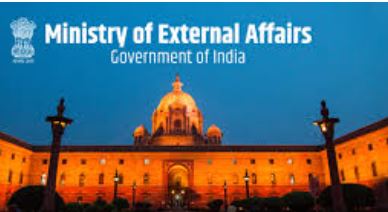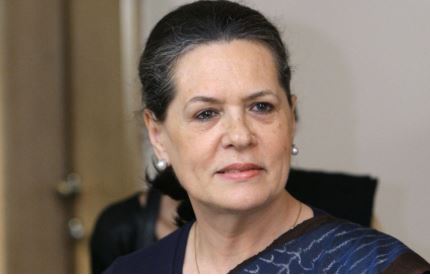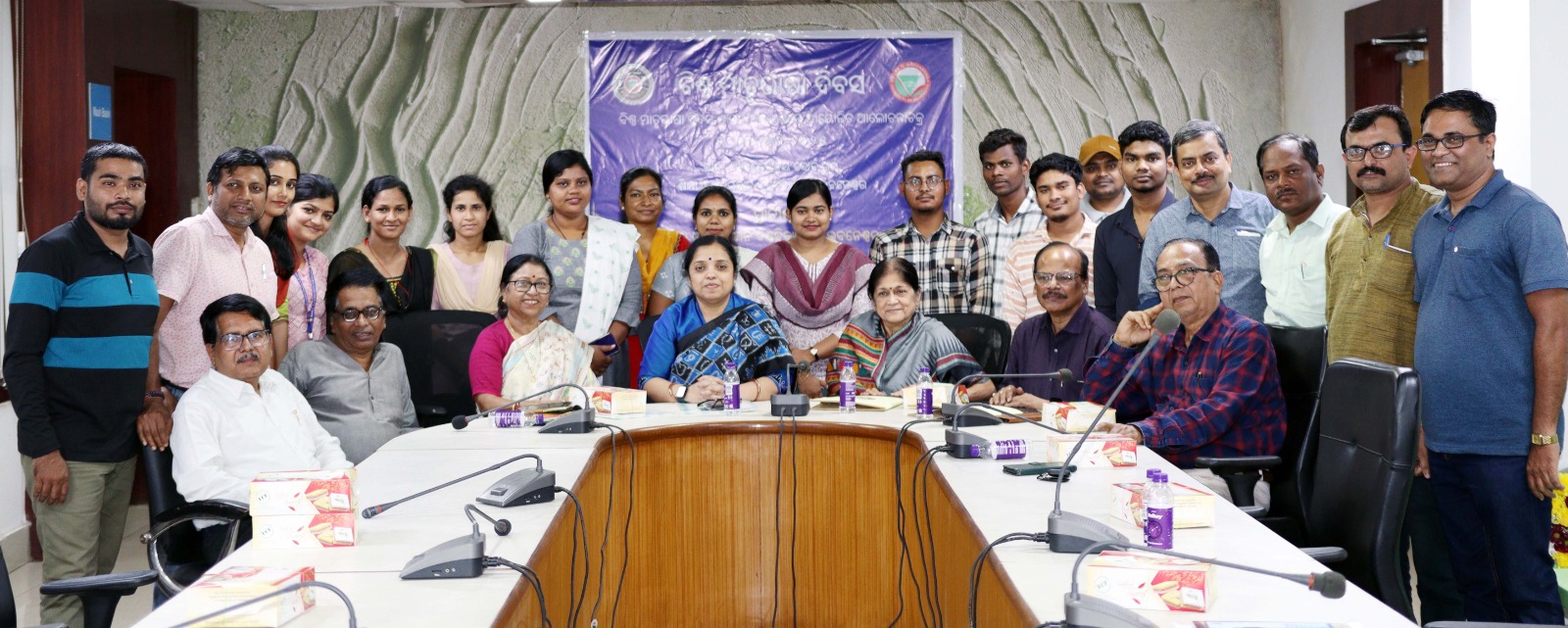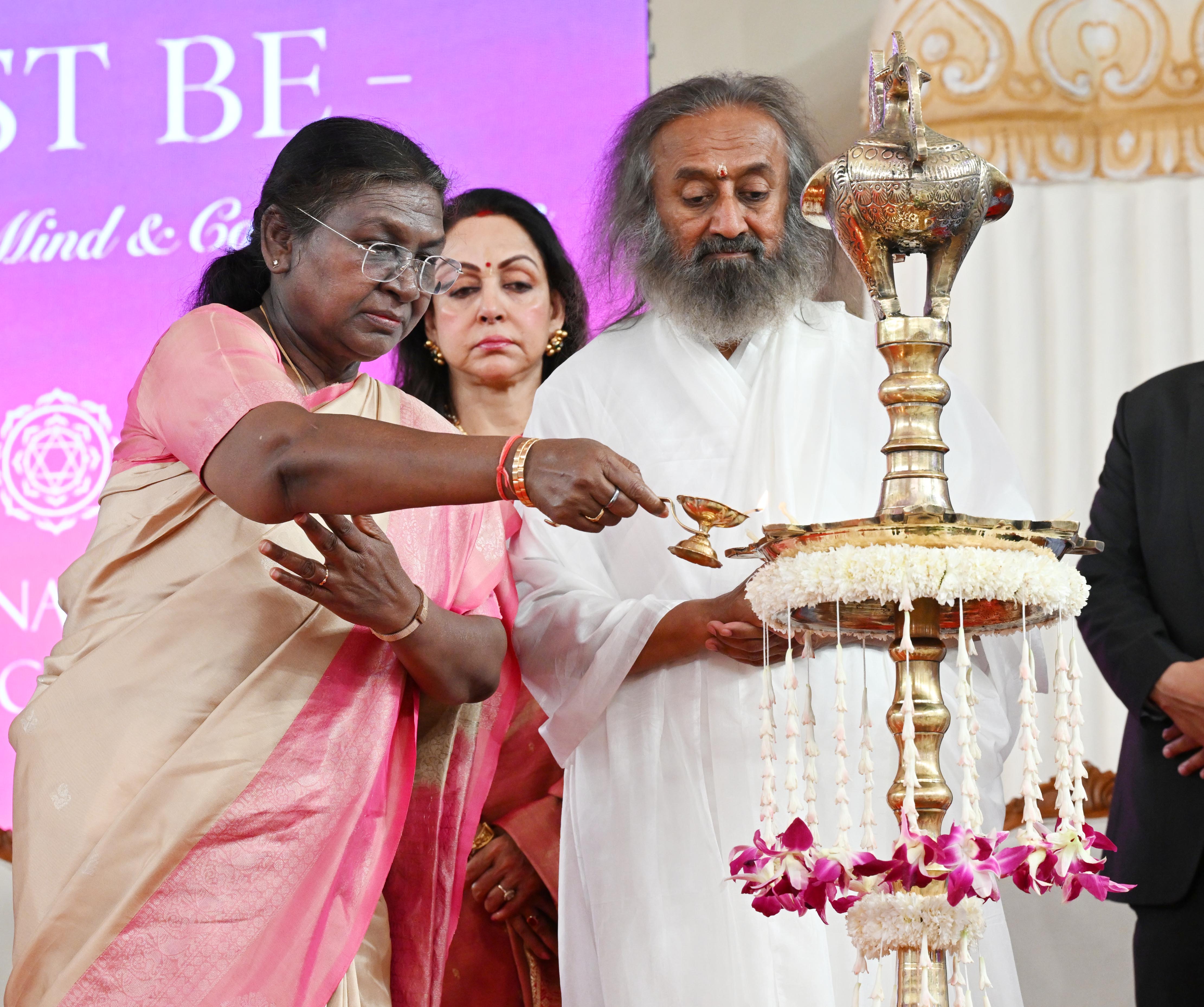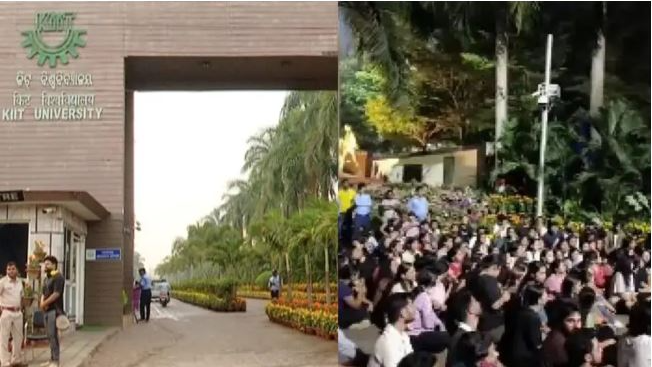By PRADEEP KUMAR SUBUDHI
Bhubaneswar, February 20: Maternity leave is a crucial benefit that ensures job security and financial support for women during and after pregnancy. In India, the Maternity Benefit Act of 1961 governs maternity leave policies, safeguarding the rights of working women.
Below are key provisions under this law:
Protection Against Termination from Job
Under Section 4 of the Maternity Benefit Act, of 1961, an employer cannot terminate a woman’s employment due to pregnancy. If a woman is unable to attend work because of her pregnancy, her employer is legally prohibited from dismissing her.
Restrictions on Employment During Maternity
The Act places specific restrictions on employing women during and after childbirth:
- Prohibition of Employment Post-Delivery
- Section 4(1): No employer shall knowingly employ a woman in any establishment during the six weeks immediately following her delivery, miscarriage, or medical termination of pregnancy.
- Section 4(2): A woman is also prohibited from working in any establishment during these six weeks.
- Work Restrictions During Pregnancy
- Section 4(3): If a pregnant woman requests, her employer must ensure that she is not assigned arduous tasks, prolonged standing duties, or any work that could adversely affect her pregnancy, fetal development, or overall health.
- Pre-Delivery Leave Period
- Section 4(4)(a): A woman is entitled to maternity leave starting from one month before the six weeks preceding her expected delivery date.
- Section 4(4)(b): She can also take leave during the six weeks, if necessary, under Section 6 of the Act.
The Maternity Benefit Act of 1961 ensures that pregnant women receive necessary rest and protection while maintaining their employment rights. Employers must comply with these legal provisions to support the well-being of women in the workforce. Understanding these rights helps working women assert their entitlements and promotes a fair workplace for all.













